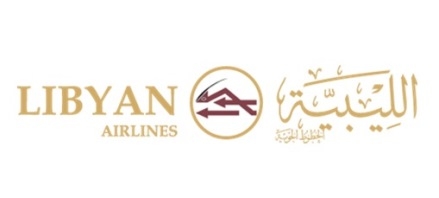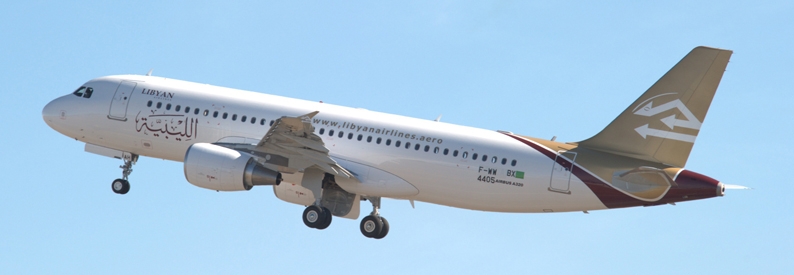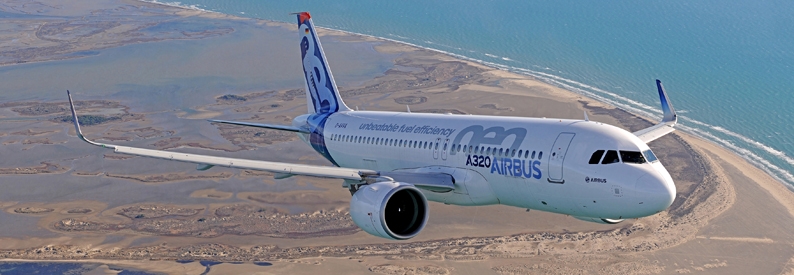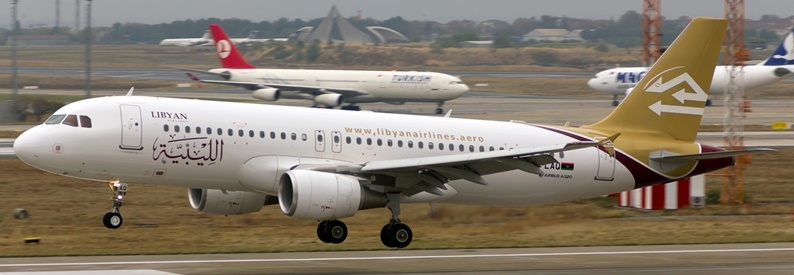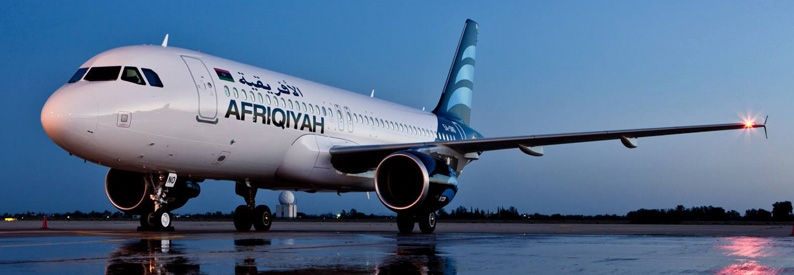The Libyan African Aviation Holding Company (LAAHCO) says Airbus (AIB, Toulouse Blagnac) has agreed to renegotiate its outstanding aircraft order contracts. The state-owned firm is the parent of Libyan Airlines, Afriqiyah Airways, and United Aviation (Libya).
Libyan Airlines currently has six A350-900s on order while Afriqiyah is expecting 10 of the type.
Milad Matouk, transport minister for Libya's Government of National Accord, chaired a meeting on Sunday, November 8, in which he noted the Europeans' in-principle agreement to adjust the two orders' make up. Given current market conditions, the Libyans are keener to acquire A220s, A320/A321s, and A330s, he noted.
In tandem with this development, LAAHCO is searching for local and international financiers and investors to cover the financial requirements of purchasing the new jets.
Contacted by ch-aviation, an Airbus spokesman declined to comment specifically on the talks saying they are "confidential".
Following years of civil war and the repeat deliberate bombing of government-controlled aviation assets, Libya's once-proud state-owned carriers are a ghostly shadow of their former Gaddafi-era selves. At present, the ch-aviation Commercial Aviation Aircraft Data module shows, Libyan Airlines operates six A320-200s (of which only one is active with the remaining five either undergoing damage repairs (two) or stored indefinitely (three)), two CRJ900LRs (stored/on repair), and three A330-200s (of which one is active while the other two are stored/on repair).
For its part, Afriqiyah operates one A300-600R(F) (undergoing maintenance), two A319-100s (one active, one undergoing maintenance), six A320-200s (four stored with one active and the other on repair), and two A330-200s (on repair) and one active A330-300. Last year, chairman Mustafa Maatug told ch-aviation Afriqiyah's discussions with Airbus had focussed on swapping the A350 order for A321-200Ns which would then be used to replace its current A319/A320ceo fleet.
LAAHCO has since formed a specialised committee to urge the GNA government and its Ministry of Finance to avail the hard currency needed to fund LAAHCO's airlines' international operations, especially with regards to maintenance dues.
- Type
- Base
- Aircraft
- Destinations
- Routes
- Daily Flights
